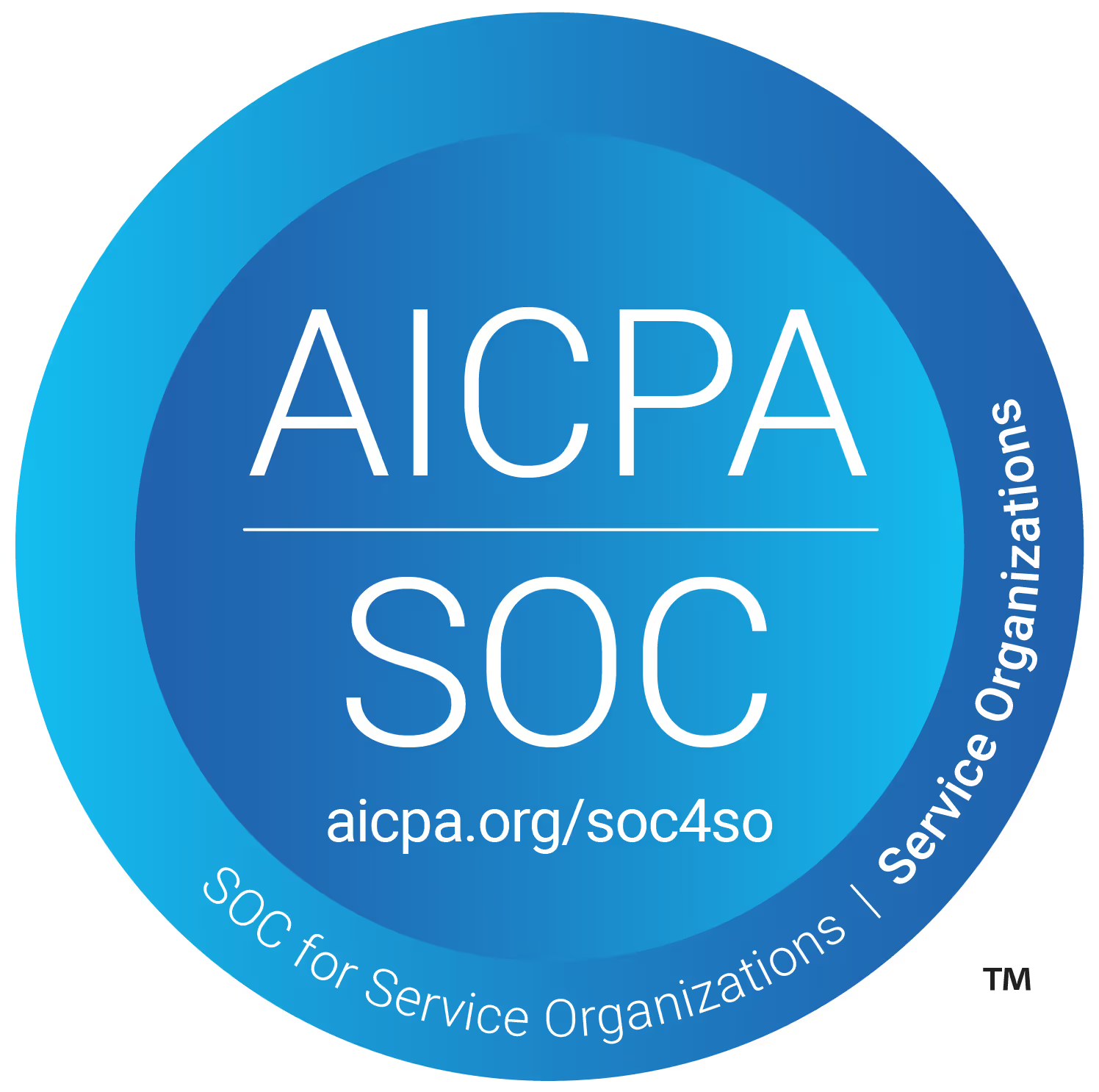Summarize the Content of the Blog
Why Splunk Certifications Matter
Splunk is a leader in data analytics, powering solutions for IT operations, security, and business intelligence. Companies rely on Splunk to make sense of large datasets, detect anomalies, and provide actionable insights. As the demand for skilled professionals grows, Splunk certifications distinguish you as a qualified expert who can configure, manage, and utilize Splunk effectively.
Key Benefits of Splunk Certification:
- Career Advancement: Gain recognition as a Splunk specialist, enhancing your employability.
- Higher Earning Potential: Certified professionals often command higher salaries.
- Skill Validation: Demonstrate your ability to solve real-world challenges.
- Community and Resources: Join a network of Splunk experts and access valuable resources.
The Splunk Certification PathwaySplunk certifications are structured to accommodate professionals at various stages of their careers. Here's a breakdown of the available certifications and their relevance:
1. Splunk Core Certified User (Beginner)
- Target Audience: New users and IT professionals starting with Splunk.
- Skills Gained: Basic search, reporting, and dashboard creation.
- Preparation:
- Complete the "Splunk Fundamentals 1" course.
- Practice creating basic searches and dashboards in a Splunk environment.
Certification Path : https://www.splunk.com/en_us/training/certification-track/splunk-core-certified-user.html
2. Splunk Core Certified Power User (Intermediate)
- Target Audience: Those with hands-on Splunk experience looking to deepen their skills.
- Skills Gained: Advanced searching, reporting, and data analysis.
- Preparation:
- Take the "Splunk Fundamentals 2" course.
- Practice advanced SPL (Search Processing Language) commands and macros.
Certification Path : https://www.splunk.com/en_us/training/certification-track/splunk-core-certified-power-user.html
3. Splunk Core Certified Advanced Power User (Advanced)
- Target Audience: Professionals aiming to showcase advanced capabilities in Splunk Core.
- Skills Gained: Complex field extractions, data enrichment, and optimizing searches.
- Preparation:
- Review advanced search techniques and field manipulation.
- Apply knowledge to complex datasets in practice environments.
Certification Path : https://www.splunk.com/en_us/training/certification-track/splunk-core-certified-advanced-power-user.html
4. Splunk Enterprise Certified Admin (Advanced)
- Target Audience: Administrators managing Splunk deployments.
- Skills Gained: Indexing, configuration, and performance optimization.
- Preparation:
- Complete "Splunk Enterprise System Administration" and "Splunk Data Administration" courses.
- Gain hands-on experience in a live Splunk environment.
Certification Path : https://www.splunk.com/en_us/training/certification-track/splunk-enterprise-certified-admin.html
5. Splunk Certified Architect (Expert)
- Target Audience: Experts leading Splunk deployments at an enterprise scale.
- Skills Gained: Design, deploy, and manage large-scale Splunk environments.
- Preparation:
- Complete "Splunk Architect" courses and labs.
- Work on real-world implementation projects.
Certification : https://www.splunk.com/en_us/training/certification-track/splunk-enterprise-certified-architect.html
6. Splunk Cloud Certified Admin
- Target Audience: Professionals managing Splunk Cloud deployments.
- Skills Gained: Managing data onboarding, configuring Splunk Cloud environments, and integrating cloud services.
- Preparation:
- Complete "Splunk Cloud Administration" courses.
- Gain hands-on experience with Splunk Cloud services and configurations.
Certification : https://www.splunk.com/en_us/training/certification-track/splunk-cloud-certified-admin.html
Premium Apps and Their Certifications
Splunk Premium Apps extend the functionality of the platform, catering to specific use cases like security, IT operations, and business intelligence. Certifications for these apps validate your expertise in leveraging their capabilities effectively.
Splunk IT Service Intelligence (ITSI) Certified Admin
- Target Audience: IT professionals managing ITSI environments.
- Skills Gained: Configuring ITSI, creating glass tables, and managing IT service insights.
- Preparation:
- Take the "Administering Splunk ITSI" course.
- Practice with ITSI-specific use cases in a Splunk environment.
Certification : https://www.splunk.com/en_us/training/certification-track/splunk-itsi-certified-admin.html
Splunk Enterprise Security (ES) Certified Admin
- Target Audience: Security professionals managing ES environments.
- Skills Gained: Configuring and optimizing Splunk ES for threat detection and response.
- Preparation:
- Complete "Administering Splunk Enterprise Security" training.
- Gain hands-on experience with ES-specific configurations.
Certification : https://www.splunk.com/en_us/training/certification-track/splunk-es-certified-admin.html
Splunk Phantom Certified Admin
- Target Audience: Security professionals working with Splunk SOAR (formerly Phantom).
- Skills Gained: Automating incident response, managing playbooks, and integrating SOAR with other tools.
- Preparation:
- Complete the "Splunk SOAR Administration" course.
- Practice creating and managing automation playbooks.
Certification : https://www.splunk.com/en_us/training/certification-track/splunk-soar-certified-automation-developer.html
Steps to Optimize Your Learning Journey
Step 1: Assess Your Current Level
Identify where you stand in your Splunk journey. Beginners should start with user-level certifications, while experienced professionals can aim for advanced and expert-level certifications.
Step 2: Leverage Splunk Training Resources
Splunk offers a wealth of online courses, hands-on labs, and documentation:
- Free Resources: Start with free Splunk Fundamental courses.
- Paid Training: Enroll in instructor-led sessions for deeper learning.
Step 3: Practice, Practice, Practice
Set up a Splunk lab environment to experiment with:
- Indexing sample datasets.
- Writing complex SPL queries.
- Configuring Splunk apps and add-ons.
Step 4: Join the Community
Participate in Splunk user groups, forums, and events to:
- Exchange knowledge with peers.
- Get insights from industry experts.
- Discover real-world use cases and solutions.
Step 5: Attempt Mock Exams
Test your knowledge with mock exams and practice tests. Identify weak areas and review relevant topics to ensure readiness for the certification exam.
Step 6: Earn the Certification and Keep Learning
Once certified, keep up with the latest updates in Splunk technology. Continuous learning will help you stay relevant and excel in your career.
Beyond Certifications: Building Expertise
While certifications validate your skills, true expertise comes from applying them in real-world scenarios. Here are ways to gain hands-on experience:
- Internships and Projects: Work on Splunk implementation projects in different domains like IT, security, and business operations.
- Contribute to Open Source: Share your knowledge by creating and maintaining Splunk apps and add-ons.
- Explore Advanced Use Cases: Delve into machine learning, predictive analytics, and automation with Splunk.
Final Thoughts
Splunk certifications are more than just credentials; they are stepping stones to a rewarding career in data analytics, security, and IT operations. By following this guide, you can effectively navigate the certification pathway, optimize your learning journey, and achieve professional excellence. Take the first step today, and watch your career soar to new heights.















